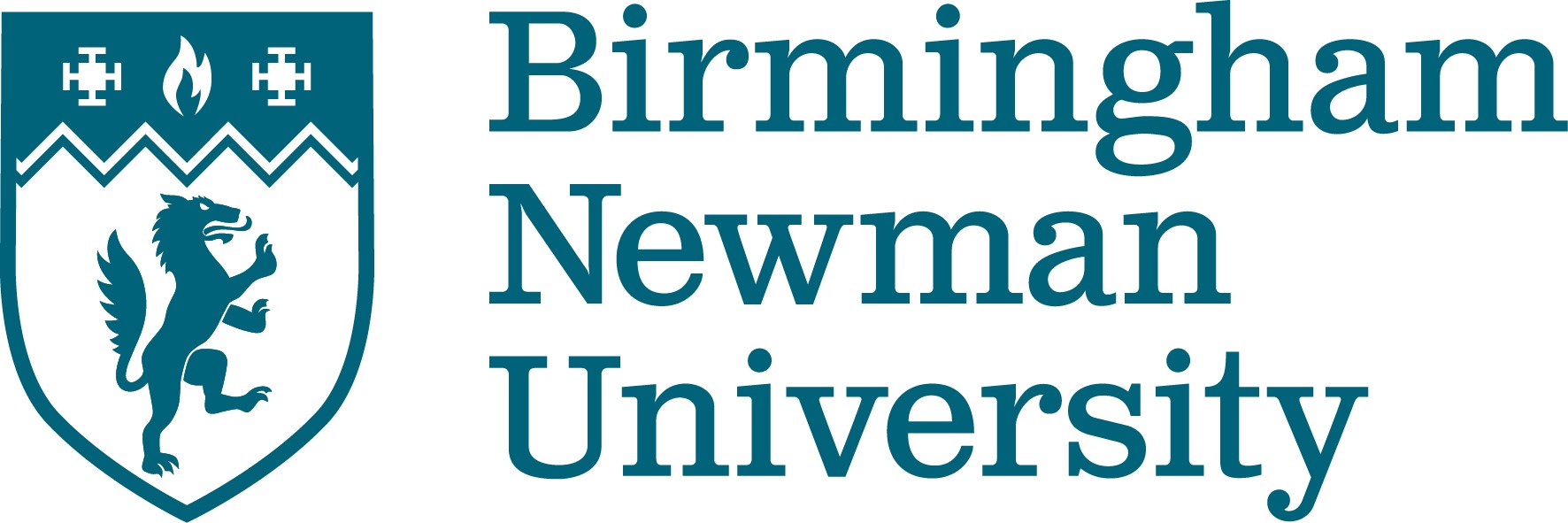The invisible plan: how English teachers develop their expertise and the special place of adapting the skills of lesson planning
Enow, Linda and Goodwyn, Andrew (2018) The invisible plan: how English teachers develop their expertise and the special place of adapting the skills of lesson planning. English in Education. ISSN 0425-0494
|
Text
NU0055.pdf - Accepted Version Available under License Creative Commons Attribution Non-commercial No Derivatives. Download (324kB) | Preview |
Abstract
This paper analyses how English teachers learn to become expert designers of learning and why sharing that expertise is increasingly vital. Its conceptual framework is the widely recognised, empirically tested, five-stage developmental Dreyfus model of skill acquisition, exemplifying the development of teacher expertise, constituted by the “milestone” [m] and “transitory” [t] phases connecting with the five stages of: Novice [m], Advanced Beginner [t], Competent [m], Proficient [t] and Expert [m]. Teacher planning is analysed as one key tacit or non-tangible component of developing expertise. Focusing specifically on English teachers as key participants in this pioneer teacher cognition study, the defining characteristics of milestone stages of expertise development are explored with specific attention to the remarkably under-researched area of planning. We introduce three new categories, defining modes of planning: (i) visible practical planning, (ii) external reflective planning and (iii) internal reflective planning, demonstrating their role in teacher development through the Dreyfus five stages. English is a subject which suffers from frequent disruptive changes to curriculum and assessment: new learning designs are constantly demanded, making planning an ongoing challenge. The implications for practice include the importance of an explicit understanding of how teachers’ planning moves through the three phases from the very “visible” novice phase to the internal relatively “automatic” competent teacher and finally the seemingly “invisible” expert phase. Further research is needed to explore how English teachers can share planning expertise between the three phases to improve teachers’ skills and student learning.
| Item Type: | Article |
|---|---|
| Additional Information: | This is an Accepted Manuscript of an article published by Taylor & Francis in English in Education on 08 March 2018, available online: http://www.tandfonline.com/10.1080/04250494.2018.1438119 . |
| Divisions: | Faculty of Education > Department of Education, Multi-professional Practice and Early Childhood |
| Depositing User: | Jane Faux |
| Date Deposited: | 26 Mar 2018 14:56 |
| Last Modified: | 09 Jan 2025 12:07 |
| URI: | https://newman.repository.guildhe.ac.uk/id/eprint/17216 |
Actions (login required)
 |
Edit Item |

